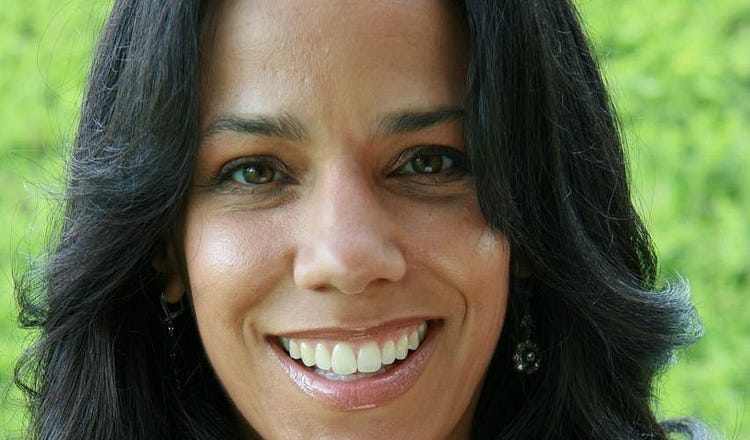April Powers Condemned Jew-Hate. Then She Lost Her Job.

April Powers.
The inclusion officer's identity as a black Jew should have made her unassailable. Instead, it was used to discredit her.
174
I don’t remember when I first came across Kat Rosenfield’s byline, but I can tell you that for years now I’ve read everything she writes. Her bailiwick is our culture, particularly the strange corners of it that tend to go overlooked by everyone else.
Exhibit A is her ongoing, insightful coverage of the mad world of Young Adult fiction and the moral pan…
Continue Reading The Free Press
To support our journalism, and unlock all of our investigative stories and provocative commentary about the world as it actually is, subscribe below.
$8.33/month
Billed as $100 yearly
$10/month
Billed as $10 monthly
Already have an account?
Sign In


